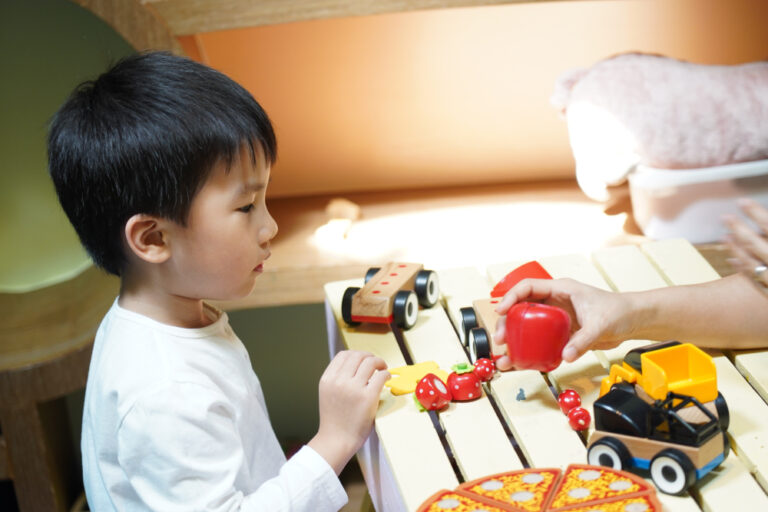Parenting Tips
Parenting Tips

Written by: Certified Educational Psychologist Pang Chi Wah, New Horizons Development Centre
As the 21st century has entered the generation of electronic media, many parents are not used to buying newspapers, but have also become accustomed to communicating with people online, shopping, reading newspapers and playing games etc. Some parents have also started to buy fewer toys for their children because many games can be played online anytime and anywhere, which is convenient and economical, and the items are diversified and easy to carry.
In fact, the use of computers is becoming more and more popular, from the business world to the education world and everyone’s daily life. Some parents feel that they need to teach their children to use computers as soon as possible so that they can be one step ahead of others and become smarter. But this argument ignores the fact that no matter how diversified and comprehensive the use of electronic media is, everyone needs to live in the real world and deal with their daily lives in a real way.
In recent years, more and more children are being diagnosed with sensory integration dysfunction, some of which are genetic in origin, but some of which are caused by a lack of proper stimulation in later life. Regardless of the cause, society is increasingly demanding more and more of human sensory integration, but unfortunately, as young children grow up, their bodies are less likely to be switched to different space direction due to advanced technology, and their eyes and hands are left to complete tasks on their behalf without much coordination. They will need to face many challenges in the future, but if they are not sufficiently trained during their growth, they will easily encounter many obstacles in the future.
Playing with toys is a natural part of a child’s life, and if they have virtual toys or games, they may lack real personal sensory stimulation. During the infant and toddler years, parents need to provide them with sensory stimulation of the ears, eyes, hands, feet, body, and brain so that they can develop the coordination exercises they need. There are many toys available in the market according to their age, and the categories are very clear, such as 6 months play, one year play, two years play …… you name it. As long as parents are willing to buy, it is not difficult to find the right toys, such as hand-eye coordination, ear-hand interaction and ear-eye sensory integration.

In addition, parents may want their children to grow up to be teachers, police officers, lawyers, doctors, engineers, or bosses, so they can directly and specifically play the roles, manipulate the tools needed, apply appropriate language, and interact with people in a realistic way through toys. Parents are advised to buy such toys related to vocational skills to induce them to play in these roles, as opposed to just looking at a computer screen to fully grasp multi-sensory stimulation.

Although parents may spend a lot of money on toys, and the time spent playing with them may not be very long, it is definitely worth it to ensure that they get the stimulation they deserve. For a more environmentally friendly use of these toys, parents can also collect toys in three-month increments and resell them to other parents or give them to friends. Parents should remember to buy the right toys for their children’s development
































